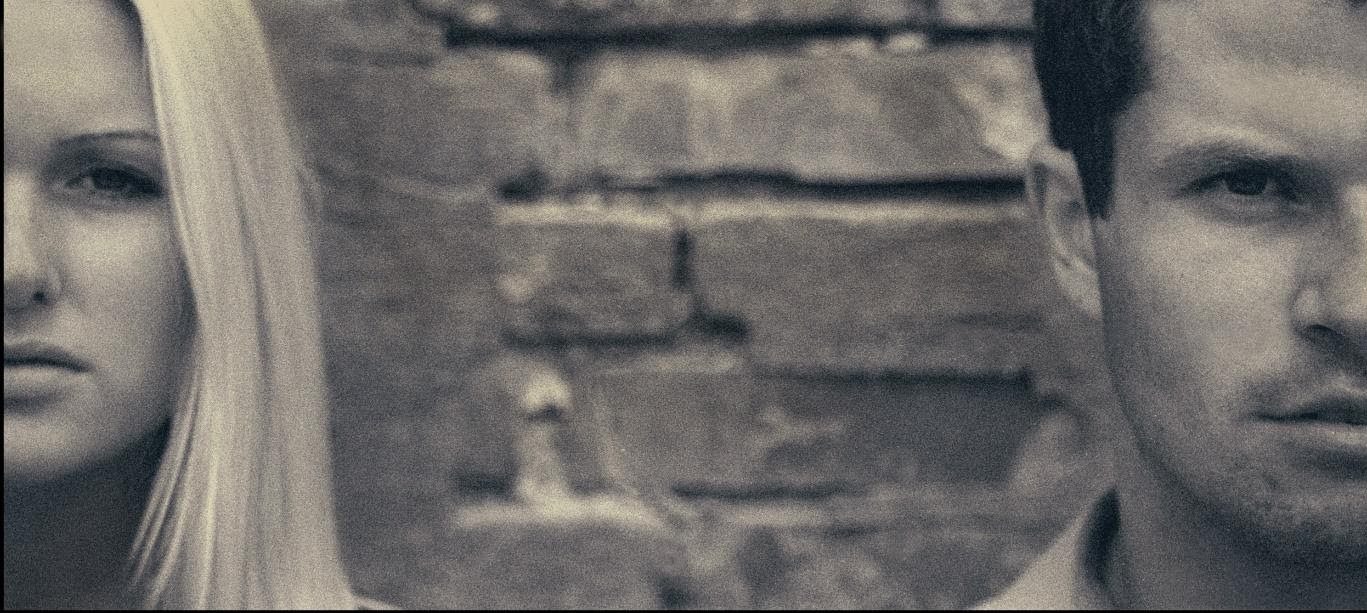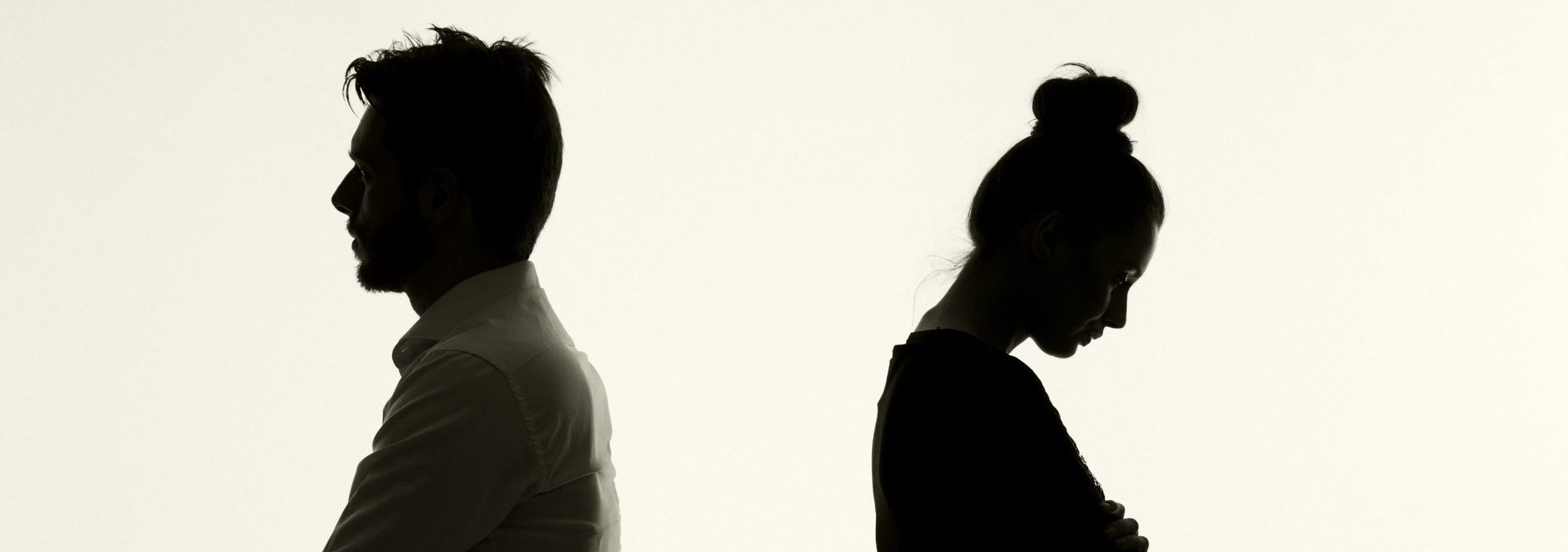Fighting is an integral part of any relationship, no matter how healthy it may be. However, if you and your partner keep butting heads without any kind of resolution, you may be wondering if staying in the relationship is the right decision to make.
Realizing that a relationship is wrong for you can be extremely hard. Still, if your relationship problems keep getting more and more serious, you may find yourself considering breaking up if you want to save both your partner and yourself from getting even more hurt and frustrated.
Thankfully, most relationship struggles can be solved with assistance from a skilled relationship coach. Seasoned relationship experts can be of immense help in a wide range of circumstances, whether you’re struggling with codependency in your relationship or need advice on dealing with anxiety. Couples often need high impact solutions that are customized to their specific needs. Not just talking and talking about the problem.
Read on to find out more about conflicts in relationships and how to deal with them.
What Causes Relationship Conflicts?
People have disagreements for all kinds of reasons. Most of the common relationship conflicts arise from the fact that the partners in a relationship have different values and personalities that may or may not be compatible.
If two people in a relationship keep getting into fights and can’t seem to find common ground, they will first need to determine the root causes of their conflicts. Here are some of the most common causes of conflict in relationships:
- Poor communication: If you and your partner can’t fix your arguments using healthy communication patterns, you can expect the same conflicts to reoccur. Listening to your partner’s needs and sharing your own thoughts openly is the only way to move on.
- Selfishness: We all focus too much on our own needs sometimes. However, if our egoism gets out of hand, we may forget that our partner has needs and desires too. In fact, selfishness is one of the most common causes of conflicts in relationships.
- High expectations: If our partner fails to meet our expectations of the relationship, we tend to feel betrayed and hurt. That is why we need to keep our demands and expectations in check as much as we can.
- Criticism: Constructive criticism is one thing, demeaning criticism is something else entirely. Constant criticizing and nagging are bound to lead to conflicts since the criticized party probably feels small, hurt, and resentful.
Does Conflict Strengthen Relationships?
There’s a positive side to conflicts, too. They are a natural part of any relationship and without them, our relationships would never evolve. Through arguments and disagreements, you get to see your partner as a human being with their own wishes and needs.
If you make an effort not to feel attacked when you and your partner disagree and try not to lay blame, you can use the conflict at hand as an opportunity to better understand your partner and find common ground. Stepping back and thinking twice before getting defensive in an argument will enable you to see the situation more clearly and allow you to discuss the core issues that led to the argument without resentment and bitterness.
Positive Effects Of Conflict In Relationships

Here are some of the ways that conflict can be beneficial for your relationship:
- It can help you build trust in the relationship.
- It will improve emotional intimacy with your partner.
- It will make you feel better about both your partner and yourself.
- It allows you to see the relationship from your partner’s perspective.
- It helps create healthy boundaries in the relationship.
How Do You Handle Conflict In A Relationship?
The way you go about resolving your arguments can make a world of difference. Shouting, screaming, and insults will only make things worse. Here’s what you should do instead:
- Be ready to speak honestly. Both parties in a relationship should feel comfortable communicating openly about the way they feel. If that’s not possible, then healthy conflict resolution is out of the question.
- Try not to get heated. Once a calm argument turns to insults and aggressiveness, conflict resolution will be near impossible. Try staying as patient and reasonable as you can if you want to fix the issue at hand.
- Determine the root cause of the issue. Conflicts are rarely about what they seem to be about. By taking a step back and asking your partner if there is a larger problem that needs to be fixed, you’ll be much more likely to change the situation for the better.
- Compromise. If you and your partner care about the relationship enough, you should be able to find a solution that benefits you both. Of course, these compromises shouldn’t feel like sacrifices, but like a healthy, mature agreement between two adults.
- Pick your battles. If you realize in the middle of an argument that you and your partner are fighting over a trivial thing, consider laughing it off and backing down. Bickering about where you’ll go for dinner isn’t really something you should waste your energy on.
- Reach out to professionals. Unfortunately, not all couples can resolve their issues without external help. If you and your partner can’t stop fighting over trivialities, consider partaking in a couples workshop for deepening relationships.
How Do You Know When To End A Relationship?
Sometimes, a relationship is simply not meant to be. Trying to salvage a failing relationship isn’t always possible, and that’s okay. But how do you know if the relationship is worth fighting for? Here are some signs you should look out for:
- You don’t feel like yourself in the relationship. Disliking yourself or feeling like a different person in a relationship is not a good sign.
- You can’t get over small irritations. Can’t seem to tolerate the little annoying habits your partner has? If small annoyances become too much, it may be time to say goodbye.
- You feel like you’re carrying the relationship. A relationship that’s severely one-sided can be extremely exhausting and may not be worth the effort.
- You don’t feel like your partner truly loves you. Naturally, you shouldn’t stay in a relationship in which you don’t feel loved. Be mindful to not mix up your past wounds of abandonment and neglect from childhood into unrealistic expectations from your partner. In other words, do your attachment work first.
- You’re not confident in your own feelings. This goes both ways. If you’re not certain that you love your partner, you’d do both of you a favor by leaving the relationship if you have done everything to save it and have reached the end.
- You make too many sacrifices in the relationship. If your relationship is taking your life away from you, that’s a serious reason to consider breaking up.
Our Experienced Relationship Coaches Are Here to Help

Our relationships can cause both immense happiness and great distress. If we want the positives to outweigh the negatives, we need to put in substantial time and effort into making the relationship work.
Luckily, you don’t have to do everything yourself. With assistance from our seasoned PIVOT Advocates, you can find amazing solutions to your relationship conflicts and discover new ways to enjoy spending time with your partner. e
PIVOT offers both couples and individual relationship coaching, as well as our five-day retreats at The Glass House. Reach out to us today!


















